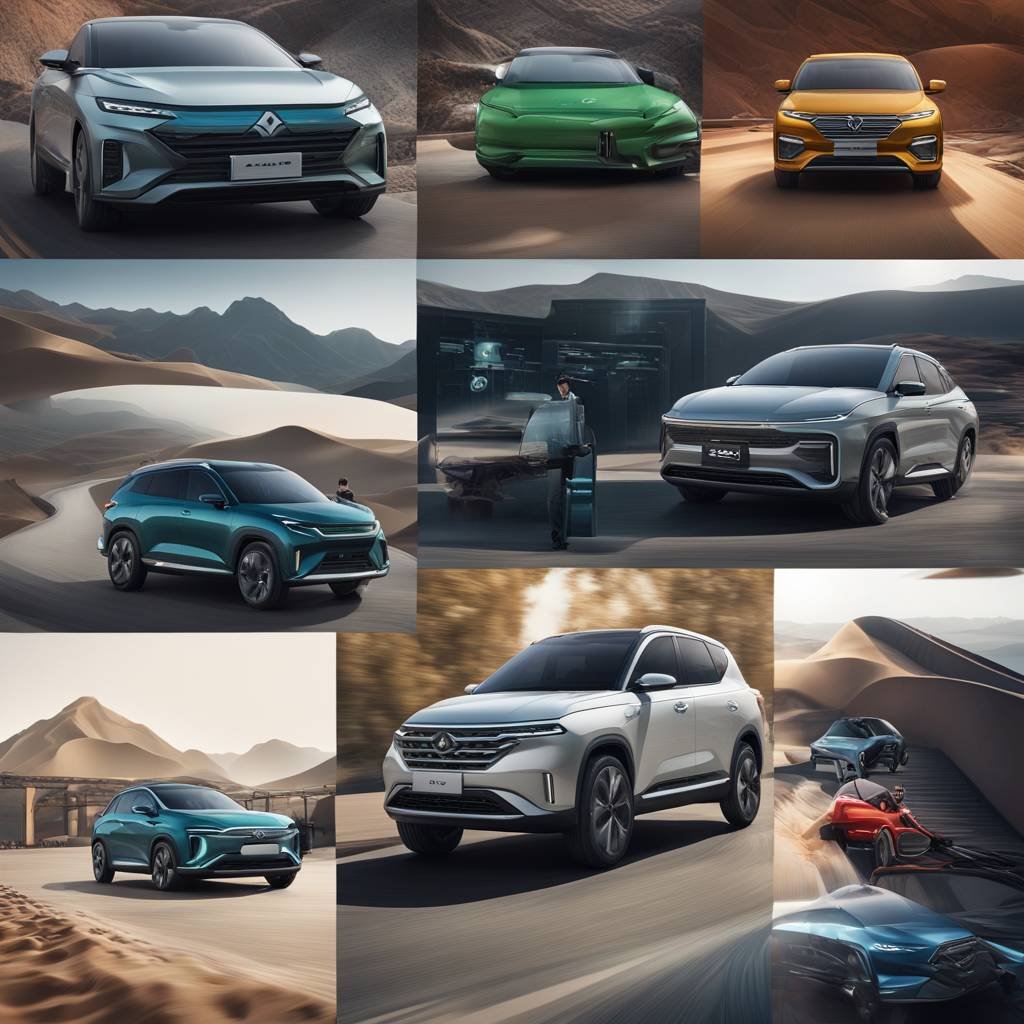Summary
– Xpeng and Li Auto are focusing on expanding in the Middle East and other markets outside the U.S. due to a 100% punitive tariff on Chinese-made electric cars announced by Washington
– Nio had previously considered entering the U.S. market but decided to focus on cutting prices in the competitive Chinese market
– President Joe Biden announced increased tariffs on Chinese goods, including EVs, to prevent cheap imports
– The European Union is conducting a probe to determine if tariffs should be imposed to protect European producers from cheaper Chinese EVs
– Chinese EV makers are facing challenges in the global market due to tariff changes and increased competition, prompting them to seek growth opportunities in other regions.
Article
Chinese electric-vehicle manufacturers Xpeng and Li Auto are shifting their focus to growing their presence in the Middle East and other markets outside the U.S. in response to Washington’s announcement of a 100% punitive tariff on Chinese-made electric cars. This move comes after previous plans by companies like Nio to enter the U.S. market were put on hold due to the increasing tariffs imposed by President Joe Biden in an effort to prevent cheap Chinese imports from flooding the American market. The European Union has also begun a probe to assess whether tariffs should be implemented to protect European producers from the influx of cheaper Chinese EVs.
Despite initial plans to enter the U.S. market and compete by slashing prices in their home market, Chinese EV makers are now looking to expand internationally to regions like the Middle East, where demand for electric vehicles is growing. This strategy allows them to avoid the high tariffs imposed on Chinese goods in the U.S. and explore new opportunities in markets that are more welcoming to their products. By focusing on markets outside the U.S., Chinese EV manufacturers can continue to grow their business and increase their global presence while adapting to changing trade policies.
The decision to shift focus to international markets reflects a strategic shift for Chinese EV makers, who are now looking to capitalize on opportunities in regions with growing demand for electric vehicles. By expanding into the Middle East and other markets, these companies can continue to grow their business and reach new customers while avoiding the challenges of the U.S. market. This move allows them to diversify their revenue streams and reduce their reliance on a single market, mitigating risks associated with changing trade policies and tariffs.
The announcement of increased tariffs on Chinese goods, including electric vehicles, by President Joe Biden has forced Chinese EV makers to rethink their international expansion plans and shift their focus to markets outside the U.S. This move is driven by the need to avoid the punitive tariffs and explore new opportunities in regions where demand for electric vehicles is on the rise. By diversifying their market presence and focusing on growth in other regions, Chinese EV manufacturers can continue to thrive in the face of evolving trade policies and global market conditions.
The European Union’s decision to launch a probe into whether tariffs should be implemented to protect European producers from cheaper Chinese EVs adds another layer of complexity to the global electric vehicle market. This investigation highlights the growing concerns over the impact of Chinese electric vehicles on domestic producers in Europe and the need to address potential imbalances in the market. As trade policies continue to shift and evolve, Chinese EV makers will need to navigate a complex regulatory environment and adjust their strategies to maintain competitiveness in key markets around the world.
In conclusion, Chinese electric vehicle manufacturers like Xpeng and Li Auto are adapting to changing trade policies and tariffs by shifting their focus to international markets outside the U.S. This strategic move allows them to explore new growth opportunities in regions like the Middle East while avoiding the challenges of the U.S. market. By diversifying their market presence and focusing on expansion in regions with growing demand for electric vehicles, Chinese EV makers can continue to thrive and succeed in a rapidly evolving global market.
Read the full article here



